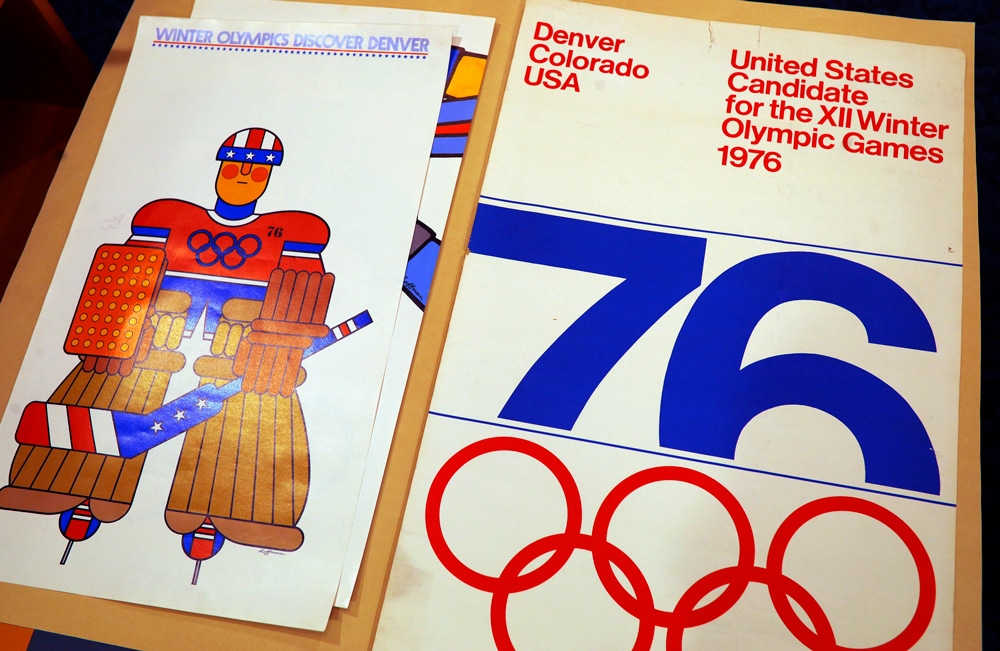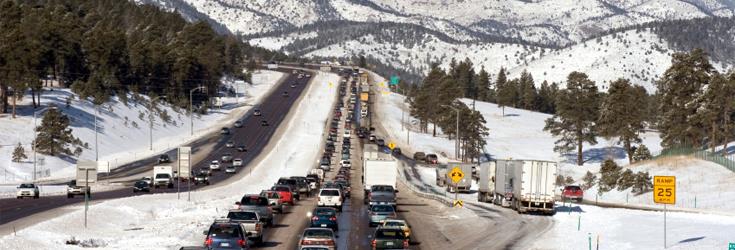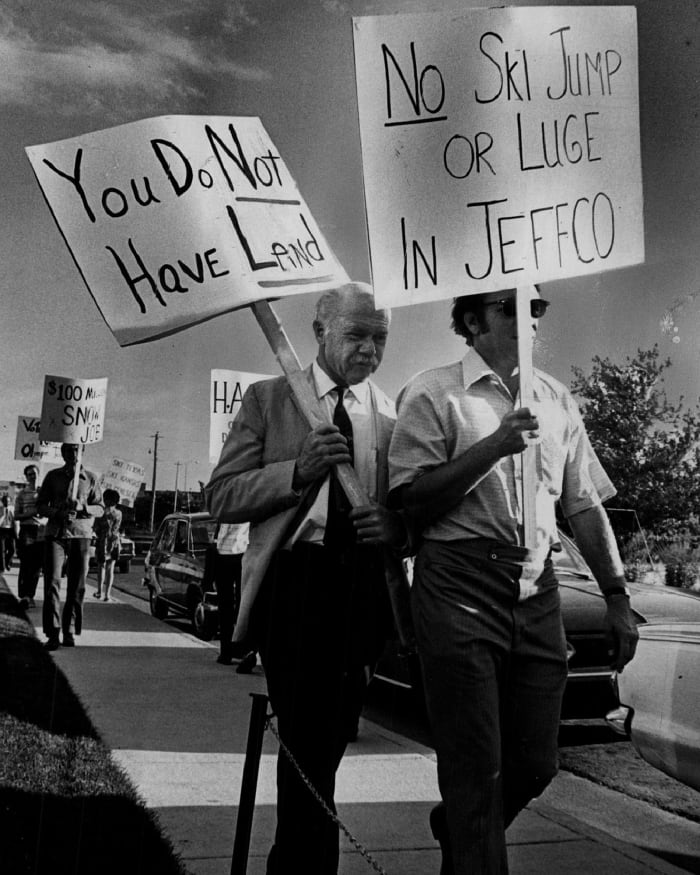
Over the years, more cities worldwide have questioned the value of hosting the Olympics. Denver, Colorado, is no stranger to this topic. Denver is known by many as one of the most popular destinations in the United States for winter sports. Situated at the foot of the Rocky Mountains, this major metropolitan city has an international airport and an interstate highway along many famous ski resorts and towns that we know and love. Considering these resources, at first glance, Denver would seem like an ideal destination for the Winter Olympics. So why hasn’t it happened yet? It’s certainly not for a lack of suitability or trying. The city had submitted a bid to host the 1976 Winter Games, and in May of 1970, it was awarded to host the Olympics by the International Olympic Committee (IOC), but ultimately, Denver withdrew its bid.
The opportunity to host the Winter Olympics was initially seen as a pivotal moment in Denver’s history. The decision initially gained support from Colorado business leaders, Governor John Love, and even the Nixon White House. However, it wasn’t long before public opposition emerged.

Public Concerns
Led by State Representative Richard Lamm and the group Citizens for Colorado’s Future, they argued that hosting the Olympics would place an unnecessary financial burden on taxpayers and the environment. The Denver Olympic Organizing Committee and its inability to manage the growing costs led to a significant loss of public confidence. As the estimated costs for the event began to rise from the initial $15 million estimate to a projected $35 million, the public showed concerns early in 1972. The Citizens for Colorado’s Future also showed concern about the logistics of the initial plan.
The biggest logistical roadblock was the city limits being about 50 miles from the nearest skiing terrain. This posed an enormous challenge for transporting athletes and spectators from Denver to any location with suitable terrain. Aside from transportation, housing was also a big concern. The proposed Olympic Village was to be housed at the University of Denver during the school year. This arrangement had not been discussed with the school.
Many events were to be held in Evergreen, where the chances of snow in February are often questionable. Building race courses and ski jumps would require significantly altering the town’s landscape. The Denver Olympic Organizing Committee (DOOC) also proposed holding the bobsled event in Lake Placid, New York, over 1,800 miles away, which most viewed as an absurd solution.
Lamm and his supporting group began to gain traction with public support against hosting the Olympics. Public meetings were held to inform residents of the potential downsides of hosting the Games. Their efforts resulted in a petition that gathered over 77,000 signatures supporting Colorado’s 8th Amendment. That amendment prohibited the state from imposing taxes to fund the 1976 Winter Olympics. This created a public voice on whether or not the state should fund the global event.

The amendment was set in stone on November 7, 1972. This decision forced Denver to decline the opportunity to host the Games, making it the first city to turn down the Olympics after being awarded the bid. The IOC was forced to scramble to find a new host city, eventually choosing Innsbruck, Austria.
Will Denver Ever Host The Winter Olympics?
Despite rejecting the bid, Denver has remained a prominent spot for winter sports and tourism. The city has continued to thrive, with a record number of people visiting every winter to hit the slopes. For many locations, hosting the Winter Olympics has served as an opportunity to put a local community on the map. One example is Lake Placid, NY. This village has benefited financially from higher visitation since hosting the Winter Olympics in 1932 and 1980. All of the facilities created in the village are still in use today. Lake Placid’s economy overall has experienced huge growth ever since they hosted. Compared to Denver, there is not much of an economic incentive to boost their visitation, with it already being so high.
The decision made by Colorado voters in 1972 was a bold statement about the priorities of the community. Denver’s rejection in 1976 has left a lasting impact on the city’s chances at future bids. The issues that led to the rejection, both financially and logistically, are still relevant today. The decision still resonates with current discussions about the sustainability and feasibility of the Olympic Games in modern times. While Denver may never host the Olympics in the future, it remains popular among winter enthusiasts regardless of the decision not to host the 1976 Winter Olympics.
